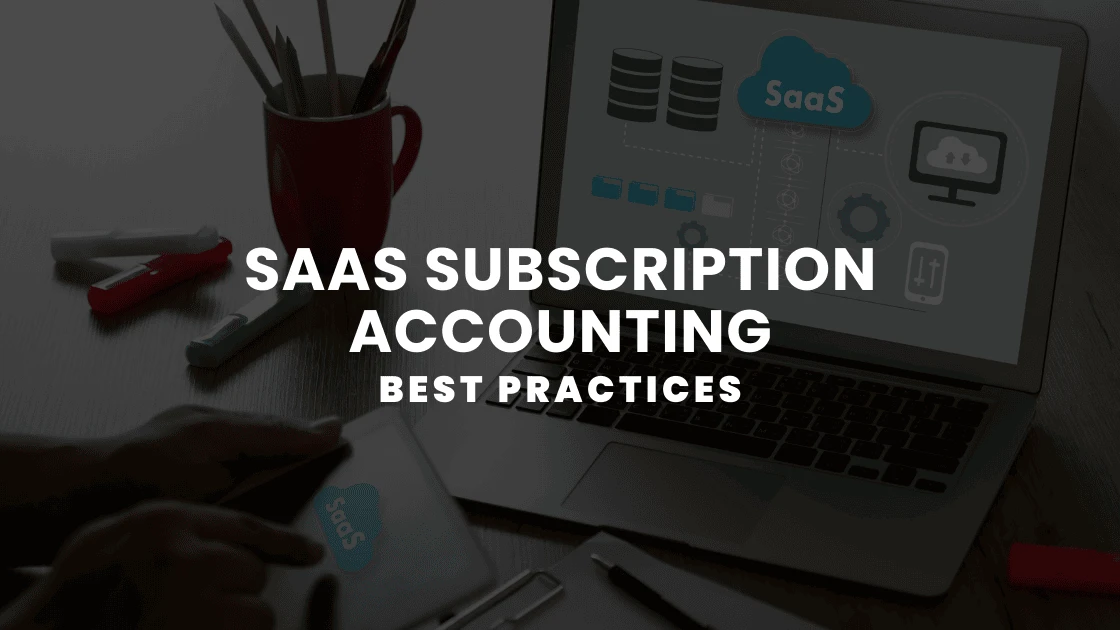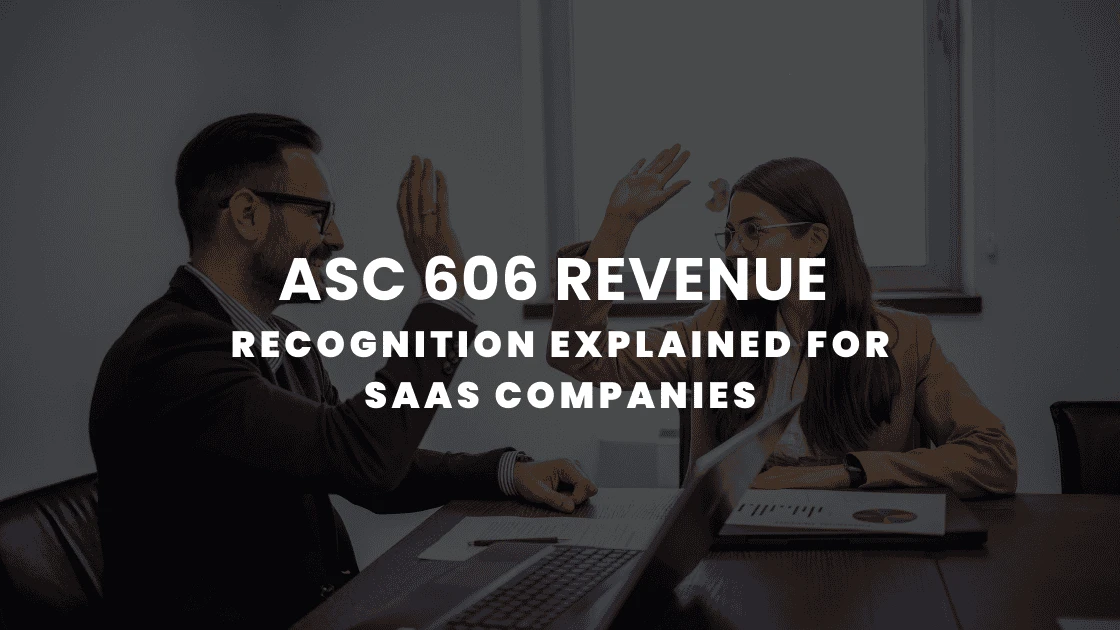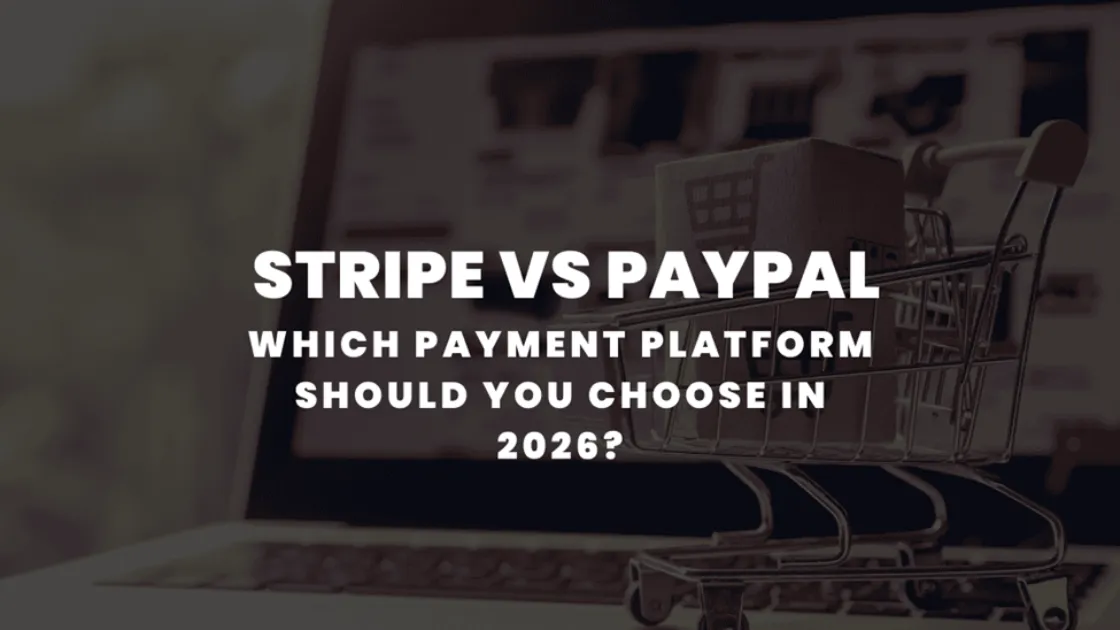December 16 2024 | By Shoaib Jamil | 8 minutes Read

Understanding Tax Obligations for Uber and Eats Drivers
Can Uber Drivers Get a Tax Refund?
1. Overpayment of Taxes
2. Deductions That Lower Taxable Income
3. Eligibility for Tax Credits
4. Special Cases for Low-Income Drivers:
5. Do Uber Eats Drivers Get Tax Refunds?
Maximize Your Deductions: Uber Driver-Specific Write-Offs
Mileage vs. Actual Expenses
Key Deductible Expenses
Record-Keeping Tools
Tax Tips for Food Delivery Drivers (Uber Eats, DoorDash, etc.)
Common Pitfalls and How to Avoid Them
1. Failing to Make Quarterly Estimated Payments
2. Underreporting Income
3. Overestimating Mileage or Expenses
4. Neglecting to Separate Business and Personal Finances
5. Forgetting About Self-Employment Tax
6. Misclassifying Deductible Expenses
7. Failing to Seek Professional Help When Needed
Planning for Next Year: Tax-Prep Strategies for Gig Drivers
Final Thoughts
Driving for Uber or delivering with Uber Eats can be a flexible and rewarding way to earn money. But when tax season rolls around, many drivers ask the same question: do Uber drivers get tax refunds? The answer isn’t always straightforward—it depends on your income, expenses, and how well you manage your tax situation.
For gig workers, understanding tax obligations is crucial to avoid surprises and even unlock savings. In this blog, we’ll break down everything you need to know about taxes for Uber and Uber Eats drivers, including tips for maximizing deductions and reducing your tax burden.
If you’re driving for Uber or delivering meals for Uber Eats, you’re considered self-employed in the eyes of the IRS. This means you don’t have taxes automatically withheld from your income like a traditional employee would.
Here’s what this means for your taxes:
Many drivers want to know, do Uber drivers get tax refunds? The answer isn’t a simple yes or no—it depends on your individual tax situation. A refund occurs when the taxes you’ve paid or credits you qualify for exceed your tax liability. For Uber and Uber Eats drivers, whether or not you get a refund hinges on how much you earn, how much you deduct, and whether you’re eligible for certain tax credits.
Here’s a deeper dive into how refunds work for gig drivers:
Unlike traditional employees, Uber drivers don’t have taxes withheld from their earnings automatically. However, if you’ve made estimated tax payments throughout the year and your deductible expenses significantly reduce your taxable income, you might have overpaid—resulting in a refund.
Gig drivers often have substantial deductible expenses, such as mileage, vehicle maintenance, and even snacks for passengers. These deductions reduce your taxable income, which can lower your overall tax liability or even zero it out. If this reduction exceeds what you owe, a refund is possible.
Refundable tax credits can make a significant difference for gig workers:
Drivers with lower incomes but high expenses often find themselves in a position to receive refunds. For instance, if your total deductions exceed your income, your taxable income may drop to zero, and any refundable credits can generate a refund.
The same principles apply to Uber Eats drivers. In fact, food delivery drivers may have even higher expenses due to frequent stops, extra wear and tear on their vehicles, and delivery-specific gear. By carefully tracking these expenses, Uber Eats drivers can maximize their deductions and increase their chances of a refund.
One of the best ways to reduce your taxable income—and possibly qualify for a refund—is by taking full advantage of deductions. As an Uber or Uber Eats driver, there are plenty of write-offs you can claim:
You can choose between deducting your mileage (at the IRS standard rate) or the actual expenses of operating your vehicle. The mileage method is simpler, while the actual expense method may yield larger deductions if your vehicle costs are high.
Apps like Stride, Everlance, and MileIQ can help you track mileage and expenses, making tax filing easier and more accurate.
Pro Tip: Accurate records can make or break your deductions. Keep receipts, maintain a mileage log, and use tracking tools to ensure you don’t miss out on potential savings.
For food delivery drivers, the nature of your work means additional wear and tear on your vehicle, frequent stops, and extra expenses. Here’s how to make the most of your deductions:
By understanding these unique expenses, you can answer the question do Uber Eats drivers get tax refunds confidently—your eligibility largely depends on tracking these deductions carefully.
Gig workers are responsible for paying taxes on their income throughout the year, not just at tax time. If you earn more than $400 annually as a self-employed individual, you’re required to make quarterly estimated tax payments. Missing these payments can result in underpayment penalties and accrued interest.
Solution: Calculate your estimated taxes each quarter and set aside 20-30% of your earnings for federal and state taxes. Apps like QuickBooks Self-Employed or TaxAct can simplify this process.
Uber and Uber Eats send Form 1099 to both you and the IRS, reporting all the income you’ve earned through their platform. If you fail to report your full income—including tips—you risk penalties or triggering an audit.
Solution: Keep detailed records of your earnings, including tips, and reconcile them with your Form 1099. Even if you don’t receive a 1099 (e.g., if you earned less than $600), you’re still required to report that income.
Mileage is often the largest deduction for gig workers, but overestimating or guessing your mileage can be risky. The IRS requires accurate records, and unsupported claims can be disallowed during an audit. Similarly, overreporting expenses like phone usage or maintenance without documentation can backfire.
Solution: Use a mileage-tracking app, such as MileIQ or Everlance, to log your trips in real-time. For other expenses, save receipts and clearly separate personal and business costs.
Mixing personal and business expenses is a common issue for gig workers. This not only complicates record-keeping but can also lead to missed deductions or IRS scrutiny.
Solution: Open a separate bank account or credit card specifically for business-related expenses. This makes it easier to track your spending and prove deductible expenses if needed.
As a self-employed worker, you’re responsible for both the employee and employer portions of Social Security and Medicare taxes, known as self-employment tax. This is in addition to federal and state income taxes, which can catch many drivers off guard.
Solution: Factor self-employment tax (15.3% of your net earnings) into your quarterly payments. Consider using a tax calculator or consulting a professional to ensure accurate calculations.
Not all expenses are fully deductible, and some are only partially deductible. For example, if you use your personal phone for work, you can only deduct the portion of the phone bill related to business use. Similarly, meals and entertainment are subject to specific IRS rules.
Solution: Learn the rules for common deductions, or work with a tax professional who understands the gig economy. Err on the side of caution and only claim deductions you can justify with records.
Self-employed taxes can be complex, and gig workers often miss out on valuable deductions or credits because they don’t fully understand the tax code.
Solution: Consider hiring a tax preparer or consulting with a CPA who specializes in gig economy workers. They can help identify deductions you may not have known about and ensure you’re compliant with IRS rules.
To stay ahead of tax season, implement these strategies for better financial management:
So, do Uber drivers get tax refunds? The answer lies in how well you manage your income, expenses, and tax obligations. For Uber and Uber Eats drivers, understanding deductions, avoiding common pitfalls, and planning ahead are the keys to reducing your tax burden and possibly getting a refund.
Don’t let tax season steer you off course. Take control of your finances, keep detailed records, and consult with a tax professional if needed. With the right strategy, you can maximize your earnings and minimize your tax stress—so you can focus on what you do best: hitting the road!
Subscribe for business tips, tax updates, financial fundamentals and more.
MORE BLOGS

Running a SaaS business can look simple from the outside. Customers sign up, pay monthly or yearly, and keep using the product. Quite straightforward, right? Behind […]
Learn More →
Revenue is the heartbeat of any SaaS business. But how and when that revenue shows up on your books can change everything, from investor confidence to […]
Learn More →
If you’re a small business, we will absolutely get it if you say you’re having a hard time choosing a payment platform for your company. And […]
Learn More →